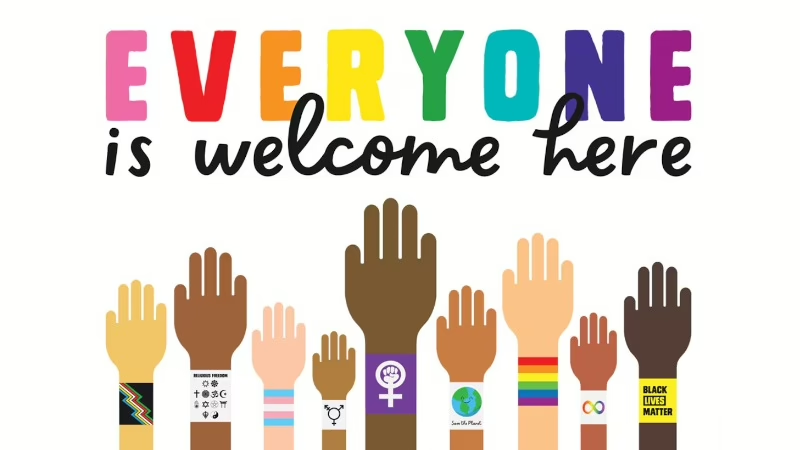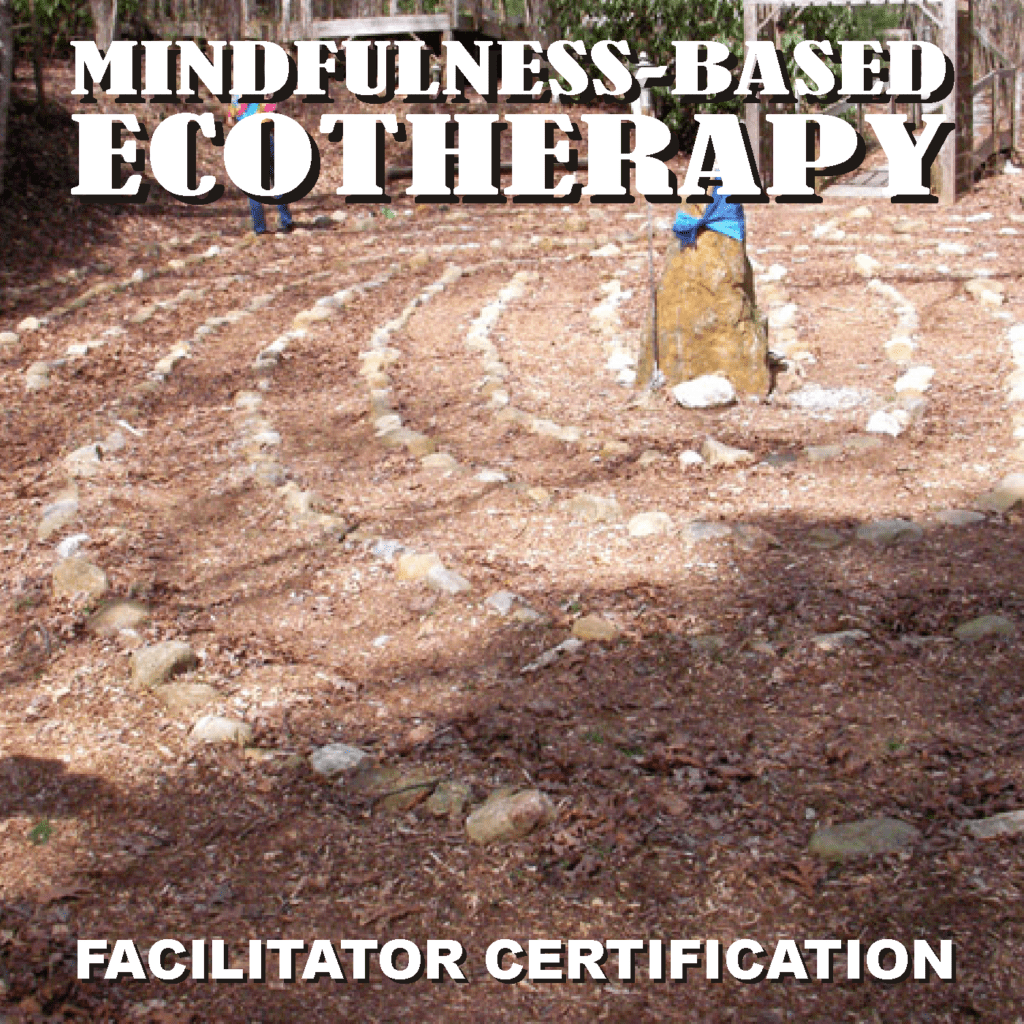
Table of Contents
The Importance of Gender-Affirming Care for Minors: Empowering Authenticity
Gender-affirming care for minors is about fostering a sense of safety and belonging for those navigating questions of identity in a world that can sometimes feel unwelcoming. While much attention has been placed on the medical aspects of gender-affirming care, its impact reaches far beyond physical health. It’s a pathway to empowerment, self-discovery, and the development of a solid foundation of self-worth during formative years.
This blog explores the less-discussed dimensions of gender-affirming care for minors: the psychosocial impact, the importance of family and community support, and how accessible, compassionate care can nurture resilience.
Building Confidence in Identity
For minors grappling with gender incongruence, having their identity affirmed is a crucial step in building confidence. Gender-affirming care creates an environment where young people feel seen, heard, and validated. Beyond the practical interventions, this care encourages young individuals to embrace their true selves without fear of judgment.
This confidence lays the groundwork for healthy self-expression and social interaction. A young person who feels secure in their identity is better equipped to form meaningful relationships, pursue their aspirations, and develop coping strategies for life’s challenges.
The Role of Family and Community
Gender-affirming care doesn’t happen in isolation; it involves the active participation of families and communities. A supportive family environment is one of the strongest predictors of positive outcomes for gender-diverse youth. Parents and guardians who educate themselves about gender identity and affirm their child’s journey create a stable and loving foundation.
Communities also play a vital role. Schools, peer groups, and local organizations can provide affirming spaces where minors feel safe to express themselves. Educational initiatives within these spaces can help dismantle stigma, fostering understanding and inclusion.
Psychosocial Growth and Emotional Well-Being
The teenage years are pivotal for identity formation, and for gender-diverse youth, this process is often more complex. Gender-affirming care addresses not only the physical aspects of transition but also the emotional and psychological growth of the individual.
Counseling and mental health support are integral parts of the journey, offering a safe space for minors to navigate their emotions, fears, and aspirations. These therapeutic engagements help young people build resilience, develop self-awareness, and learn strategies to handle societal challenges with confidence and grace.
Affirmation as Preventative Care
Studies consistently show that access to gender-affirming care reduces risks of anxiety, depression, and suicide among transgender and gender-diverse youth. What’s often less discussed is that gender-affirming care acts as a form of preventative healthcare. By affirming a minor’s gender identity early and providing the necessary resources and support, healthcare providers and families can prevent the development of long-term mental health challenges stemming from rejection or suppression.
When minors feel supported in their gender identity, they are far less likely to internalize societal stigma, leading to better outcomes in education, social settings, and overall well-being.
Education and Advocacy: Paving the Way for the Future
Ensuring access to gender-affirming care for minors is a societal responsibility. Beyond individual families and healthcare providers, there is a need for broad educational and advocacy efforts to create an environment where this care is normalized and accessible.
This includes training healthcare providers to approach gender diversity with sensitivity, implementing inclusive policies in schools, and advocating for the protection of transgender rights at the legislative level. These collective efforts ensure that no young person has to face their journey alone or unsupported.
Guidelines for gender-affirming care for minors are designed to provide age-appropriate, individualized, and supportive care. Here are some key points based on established practices:
- Social Affirmation:
- For younger children, gender-affirming care often begins with social affirmation. This includes using the child’s chosen name, and pronouns, and allowing them to express their gender identity through clothing and hairstyles.
- Social affirmation is reversible and does not involve medical interventions.
- Puberty Blockers:
- Puberty blockers may be prescribed for adolescents experiencing gender dysphoria. These medications temporarily pause puberty, giving the individual time to explore their gender identity without the added stress of irreversible physical changes.
- This intervention is considered reversible, as puberty resumes once the medication is stopped.
- Hormone Therapy:
- For older adolescents, hormone therapy (e.g., estrogen or testosterone) may be considered to align physical characteristics with gender identity.
- This step is typically undertaken after thorough assessments and with informed consent from both the minor and their guardians.
- Mental Health Support:
- Mental health care is a critical component of gender-affirming care. It involves counseling to address gender dysphoria, build resilience, and navigate societal challenges.
- Mental health professionals also play a role in assessing readiness for medical interventions.
- Surgical Interventions:
- Gender-affirming surgeries are generally not recommended for minors. These procedures are typically reserved for adults or older adolescents in exceptional cases, following extensive evaluation and consent.
- Multidisciplinary Approach:
- Care is provided by a team of professionals, including endocrinologists, mental health providers, and primary care physicians, to ensure comprehensive support.
- Informed Consent:
- Informed consent is a cornerstone of gender-affirming care. Minors and their guardians are educated about the benefits, risks, and implications of each intervention before proceeding.
Standards of Medical Practice
These guidelines emphasize a patient-centered approach, ensuring that care is tailored to the individual’s needs and developmental stage. For more detailed information, you can explore resources like the Endocrine Society’s guidelines or the American Medical Association’s overview.
Conclusion: A Journey of Empowerment and Hope
Gender-affirming care for minors is not just about aligning external characteristics with internal identity—it’s about empowering young people to live authentically and with dignity. It’s about offering them the tools and support to navigate a complex world with confidence and self-assurance.
By fostering affirming spaces, involving families and communities, and prioritizing mental and emotional well-being, gender-affirming care has the power to transform lives. As advocates, caregivers, and allies, we have a shared responsibility to ensure that every young person has the chance to embrace their true self and thrive.
Share Your Thoughts!
Please feel free to share your thoughts in the comments below!
Don’t forget to check out our YouTube channel for more information and content!
Schedule a Teletherapy Appointment with Charlton Hall, MMFT, PhD, LMFT
For those seeking personalized guidance in incorporating Mindfulness-Based Ecotherapy into their lives, Charlton Hall, MMFT, PhD, LMFT, offers professional teletherapy sessions. With extensive expertise in MBE, Dr. Hall provides tailored strategies to help individuals overcome insomnia and achieve restorative sleep.
How to Schedule an Appointment
- Visit the Mindful Ecotherapy Center Website to find more information about Dr. Hall’s approach to sleep wellness and mindfulness-based therapies.
- Book a Consultation – Easily schedule a teletherapy session that fits your availability.
- Receive Expert Guidance – Work one-on-one with Dr. Hall to develop a personalized sleep-improvement plan using MBE techniques.
By integrating Mindfulness-Based Ecotherapy into your daily routine, you can naturally enhance your sleep quality, reduce stress, and achieve long-term wellness.
Schedule an Appointment Today!
Ready to take the next step? Schedule a session with Charlton Hall today and start your journey to better sleep through the healing power of nature.
Share Your Thoughts!
What do you think? Share your thoughts in the comments below! And don’t forget to subscribe to our newsletter!




